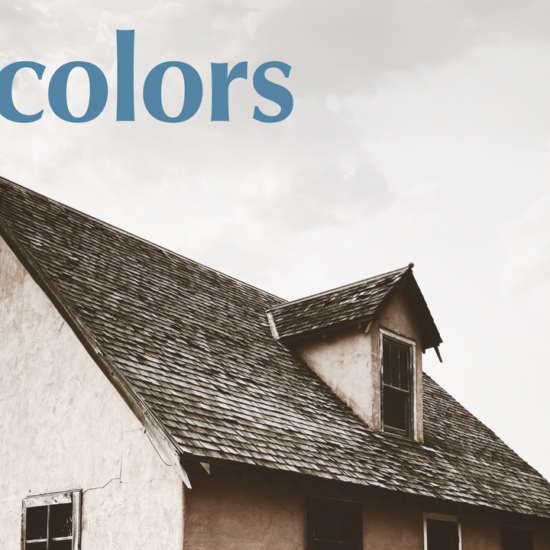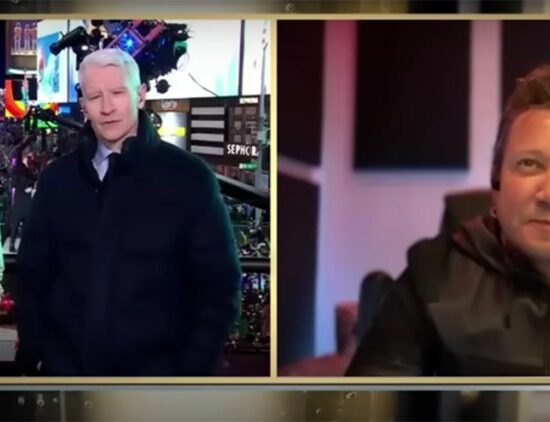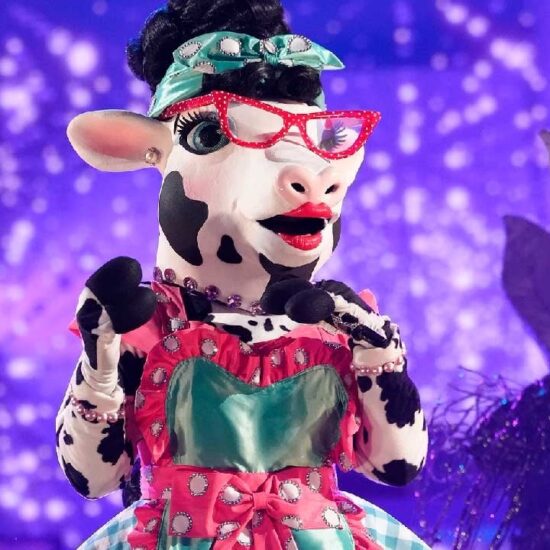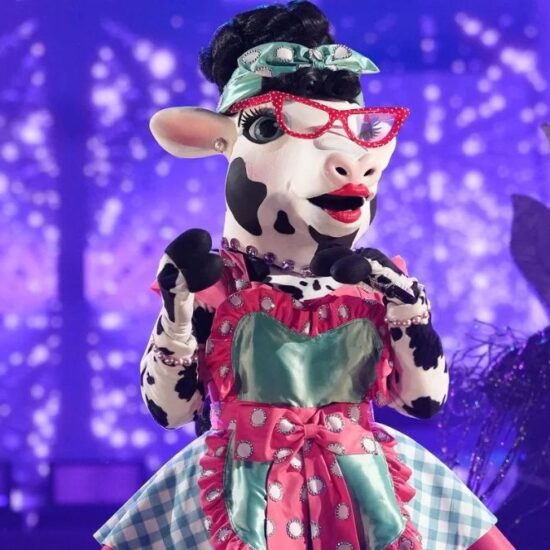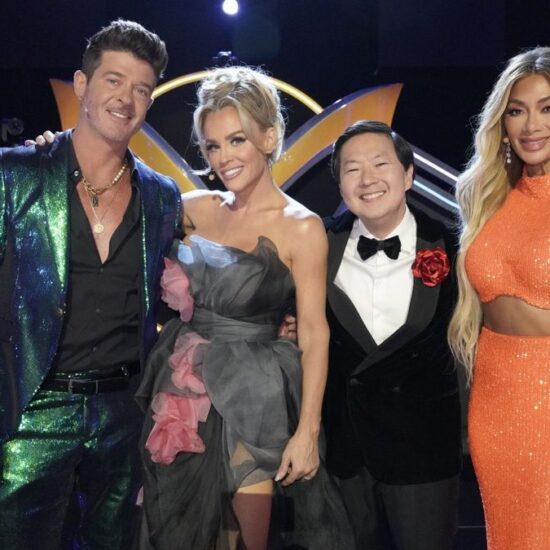
It’s easy to root for “Abbott Elementary.”
In its first season, Quinta Brunson’s series established itself as both a big-hearted and sweet-natured half-hour and as a sign of life for the network comedy. Rooted both in the office-comedy genre that’s as old as the medium (with the office, in this case, being a Philadelphia public school) and in the 21st-century custom of the mockumentary, “Abbott” has been a sharp and strong argument for traditional forms. Brunson’s Emmy win for writing the show’s pilot came both as the welcome celebration of a new talent and as no surprise.
And the first two episodes of the show’s second season continue its strong trajectory. The school came into a windfall in the previous season, and the decision of how to disburse it hangs over the proceedings. This is an elegant way to deploy both halves of “Abbott’s” emotional equation: The show’s teachers know that they are underfunded and that even a bonus will go too quickly, and yet they keep on going with a smile, because what’s the alternative? A scene in which the teachers visit a richly resourced charter school before returning home to scruffy deprivation plays fascinatingly, with barely concealed envy ricocheting from face to face.
At the show’s center, Brunson’s character Janine is holding things together, if barely. In the season premiere, Brunson writes herself a scene of emotional breakdown over Janine’s financial strain that’s among the richest acting work she’s gotten to do on the series to date. The ensemble fares well, too; Lisa Ann Walter’s character, early on, felt like a delivery mechanism for a single joke about a shadily amoral person, but Walter’s performance, and her character Melissa’s easily bruised pride, is edging out into interesting new directions. Janelle James continues to find novel ways to depict narcissism and ineptitude, treating the grant disbursement as an episode of “Shark Tank.” And Tyler James Williams and newly-minted Emmy-winner Sheryl Lee Ralph share the show’s most intriguing chemistry as Gregory and Barbara, with his weariness and her perennial polish bumping up against each other.
The ensemble is so strong, in fact, that it can at times cover for moments when this network sitcom can feel a little, well, like a network sitcom. Various plot elements have been tidily disposed of over the summer, rebooting Janine’s and Gregory’s personal lives offscreen in a manner that feels abrupt and random. The internal logic of a running joke in the season’s second episode, about Barbara confusing the names of Black and white actors, felt muddled to me, but it’s the sort of thing one shrugs off and forgives when a show runs week-in, week-out. (“Abbott’s” second season will run 22 episodes, up from 13 in season one.) James’ performance distracted me from the ways in which an ABC sitcom doing a “Shark Tank” homage feels, at least, like a corny tie-in, like when the family on “Black-ish” went to Walt Disney World as a way to promote ABC’s parent company’s parks. And, though the show finds ways to make use of its mockumentary device (often in James’ performance, and her tendency to try to catch the camera’s lens), it’s unclear why this story is being told in that style, other than that it’s a style that is popular right now. “The Office” spending its final season blowing up the documentary storyline, examining why these cast members had been filmed for so long, seemed to be the final word on this device and what it could do.
This feels especially true because the stories being told pulse with a liveliness that doesn’t necessitate characters explaining themselves to camera. Janine’s moment of agitated panic (Brunson’s showcase scene) comes in conversation with her colleagues; the device has fallen away, and we’re seeing the community outside the confessional booth. The best thing I can say for the mockumentary mechanism of having the characters narrate their thoughts and feelings in that familiar “Office”/”Modern Family” way is that it functions, intended or not, a bit like a Trojan horse. Viewers expecting a sitcom that moves in a comforting, familiar way to be about comforting, familiar topics end up seeing characters having to genuinely struggle to pay the bills, or wonder how they can possibly keep educating kids with the resources at hand.
But they keep chugging on, with the weekly rhythms of a sitcom forming, in the end, a satisfying match for the daily rhythms of a schoolday. “Abbott’s” characters have the winning persistence of people who work because they’re driven by purpose, and the wit of folks trying to make the best of things. They make the series feel fresh, and lend it vitality and pep to balance out the melancholy of being part of a profession, the urban teacher, that is under-resourced and under-covered. “Abbott” does the teachers at its center justice, and is proof of Brunson’s ability to put familiar forms to worthy and delightful ends. Like a good student, the series colors, vividly, within the lines.
“Abbott Elementary’s” second season premieres Wednesday, September 21 at 9 p.m. ET.








